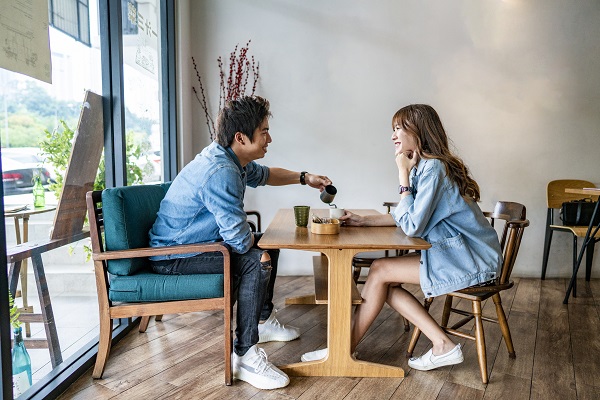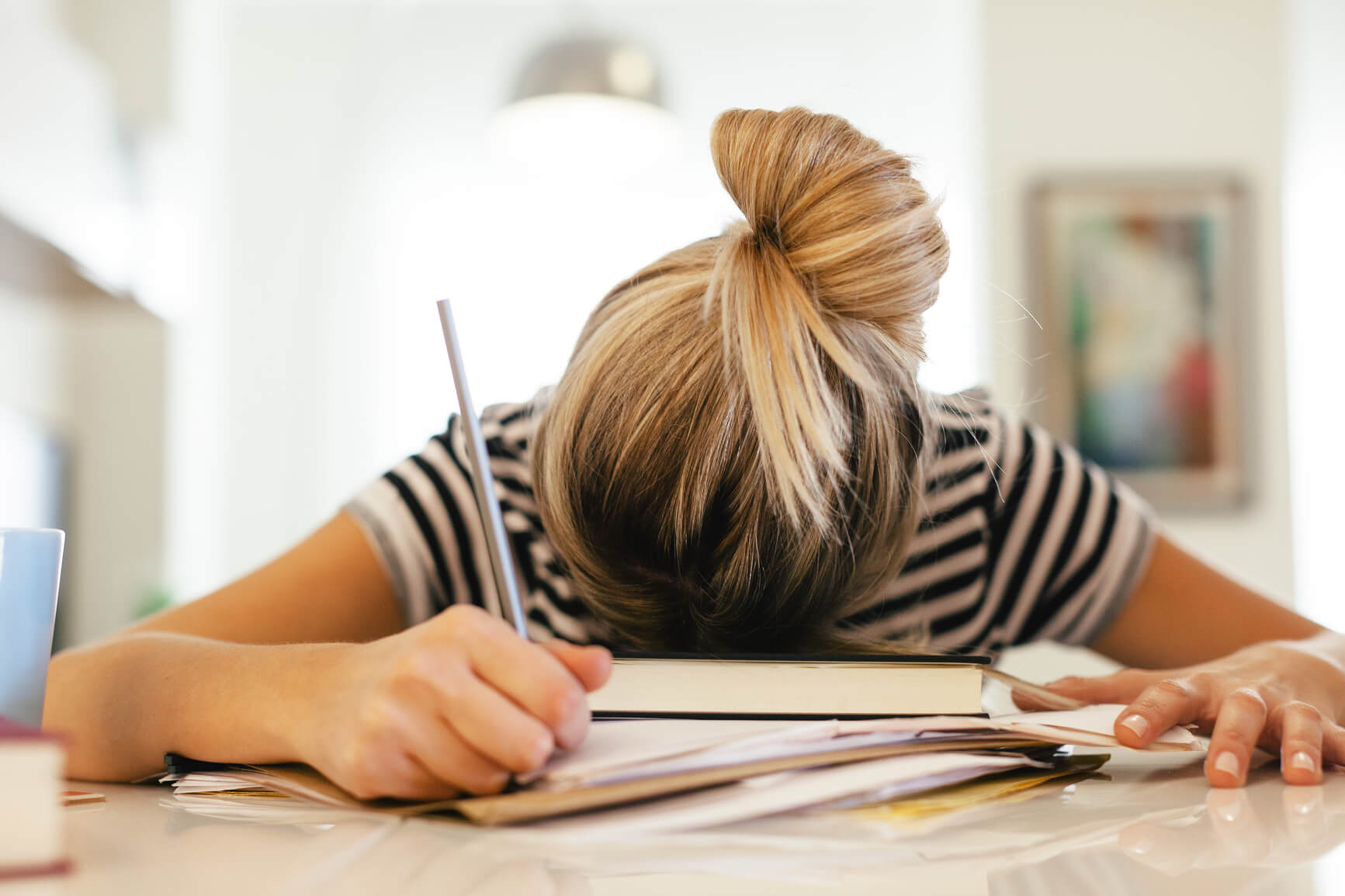-
We’re not here to explain safe sex to you, we’re pretty sure you’ve got it. Use condoms and get tested regularly - easy. We just want to give you all the information you need to stay sexually healthy while you’re here in Australia - like how to seek testing, counselling and other sexual health services.
Here are the answers to some common questions about sexual health in Australia. If you have more questions we’ve put some links at the bottom of the page.
The law
Australia is a largely progressive country, and safe sex is openly encouraged. However the laws around sexual consent, sex work, abortion, and other sex-related matters do differ in each state.
Homosexuality is legal across Australia, and it is unlawful to discriminate against someone based on their sexual orientation, gender identity, or intersex status.
The requirements for changing your sex or gender identity on official documents does differ slightly in each state of Australia.
Marriage equality - the ability for two people of the same sex to marry - is legal in Australia.
Where can I buy condoms?
Condoms are very easy to buy - you’ll find them at supermarkets, pharmacies, convenience stores, petrol stations, and online.
It’s also pretty easy to find free condoms, if you happen to be short on money. You can ask your doctor, sexual health clinics, Family Planning clinics, and your university campus. If you're based in NSW, you can even order free condoms online from organisations like endinghiv.org.au.
How do I get the contraceptive pill?
If you run out or wish to start taking the contraceptive pill, you’ll need to get a prescription from a doctor, and then you can buy it from a pharmacy. This process can now be done fully online. The doctor might ask you a few questions about your health and lifestyle to decide which type of pill to give you, otherwise it’s a straightforward process.
Sourcing medications online come with a level of risk so if you've never taken it before or have underlying health concerns speak to a doctor about the forms of contraception available. Once you've decided on the best option for you, the doctor can provide you with a script.
Where can I get a pregnancy test?
If you think you’re pregnant you can go to a doctor, family planning clinic, or sexual health clinic; or you can buy a home test from a pharmacy or supermarket.
If you do a home test, whatever the result, consider visiting a doctor or sexual health clinic just to be sure.
Can I get emergency contraception?
What used to be called the ‘morning after pill’, is now known as the emergency contraceptive pill. If you’ve had unprotected sex or the condom broke, you can take an emergency contraceptive pill, available from most chemists without a prescription. There are two types of emergency contraception pills in Australia and both must be taken as soon as possible after unprotected sex.
However, you shouldn't rely on the emergency contraceptive pill as your primary form of contraception – it’s just for emergencies.
If you have questions, visit your doctor, sexual health clinic, or family planning centre.
Is it legal to have an abortion?
Abortion law is different in every state. If you wish to terminate a pregnancy, the best thing to do is go to a doctor, sexual health clinic, or family planning clinic, and ask about your options.
Where can I get tested for sexually transmitted infections (STIs)?
If you’ve had unprotected sex, it’s important to get tested as soon as possible. It’s a relatively easy process, and you can get tested by a doctor or a nurse, at a sexual health clinic, or a family planning clinic.
Health workers, such as doctors and nurses are legally obliged to keep your information confidential. They will ask you for your consent before sharing it, unless they think your welfare is in danger.
If you do test positive for an STI, it’s your responsibility to tell any of your sexual partners who might be infected.
Who can I speak to about sexual matters?
If you’d like to speak to someone about anything sexual (pregnancy, abortion, relationship problems, etc), ask your doctor or enquire about it at a sexual health clinic.
If you have been the victim of sexual assault, you can call 1800 RESPECT on 1800 737 732 for support. 1800 RESPECT is the national domestic, family and sexual violence counselling, information and support service.
Sex in Australia: How to stay safe


24/7 Student Health and Support Line
Need support? Medibank Overseas Student Health Cover members can call anytime for health advice from a registered nurse, counselling services, emergency legal advice, travel document assistance, interpreter service and more.
-
A guide to dating in Australia
The dating culture in Australia is just as laidback as other aspects of Aussie life, but it’s still important to stay safe and healthy.
-
Coping with stress as a student
Too many assignments, an important exam coming up, or just feeling overwhelmed or homesick? Here's our top tips to beat stress and find focus while studying.


